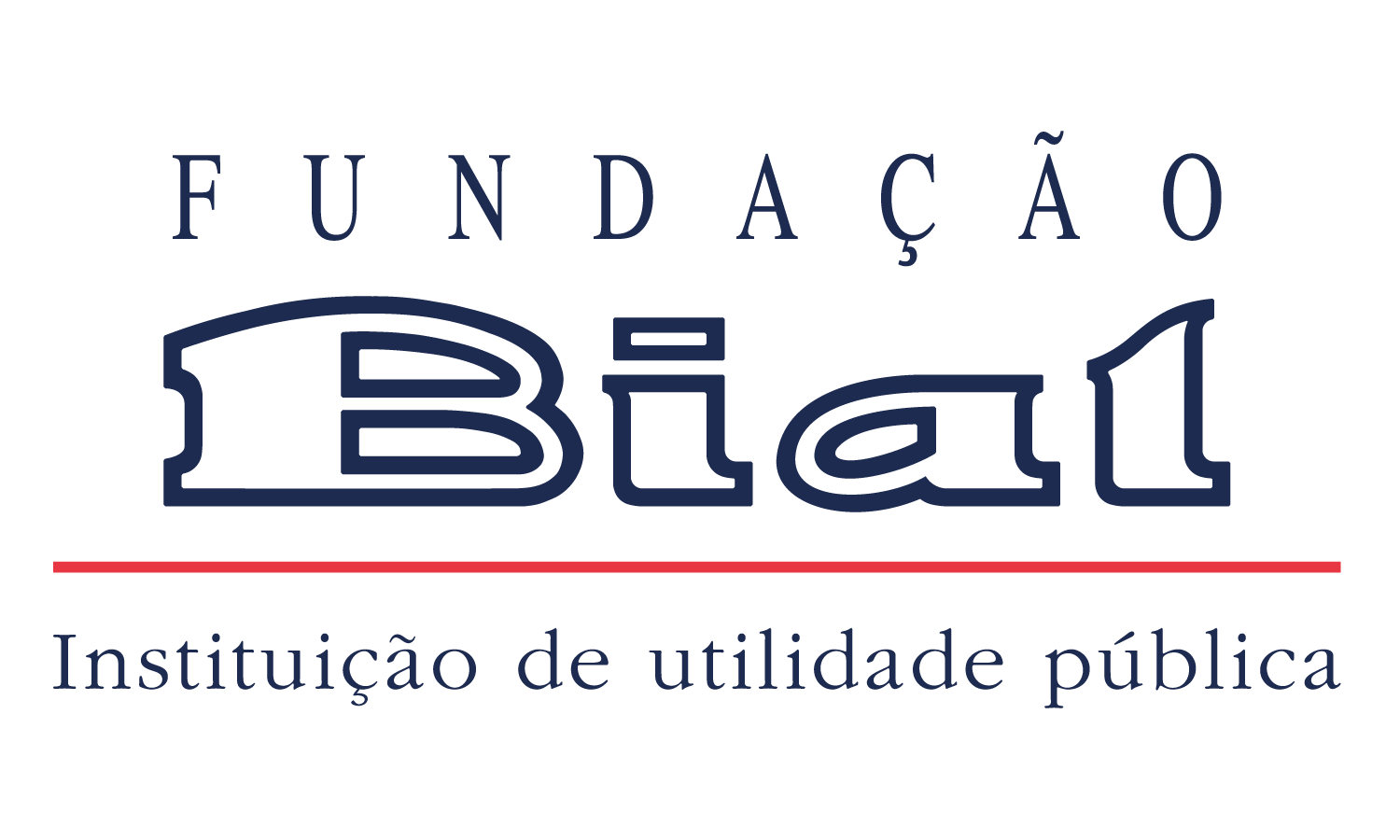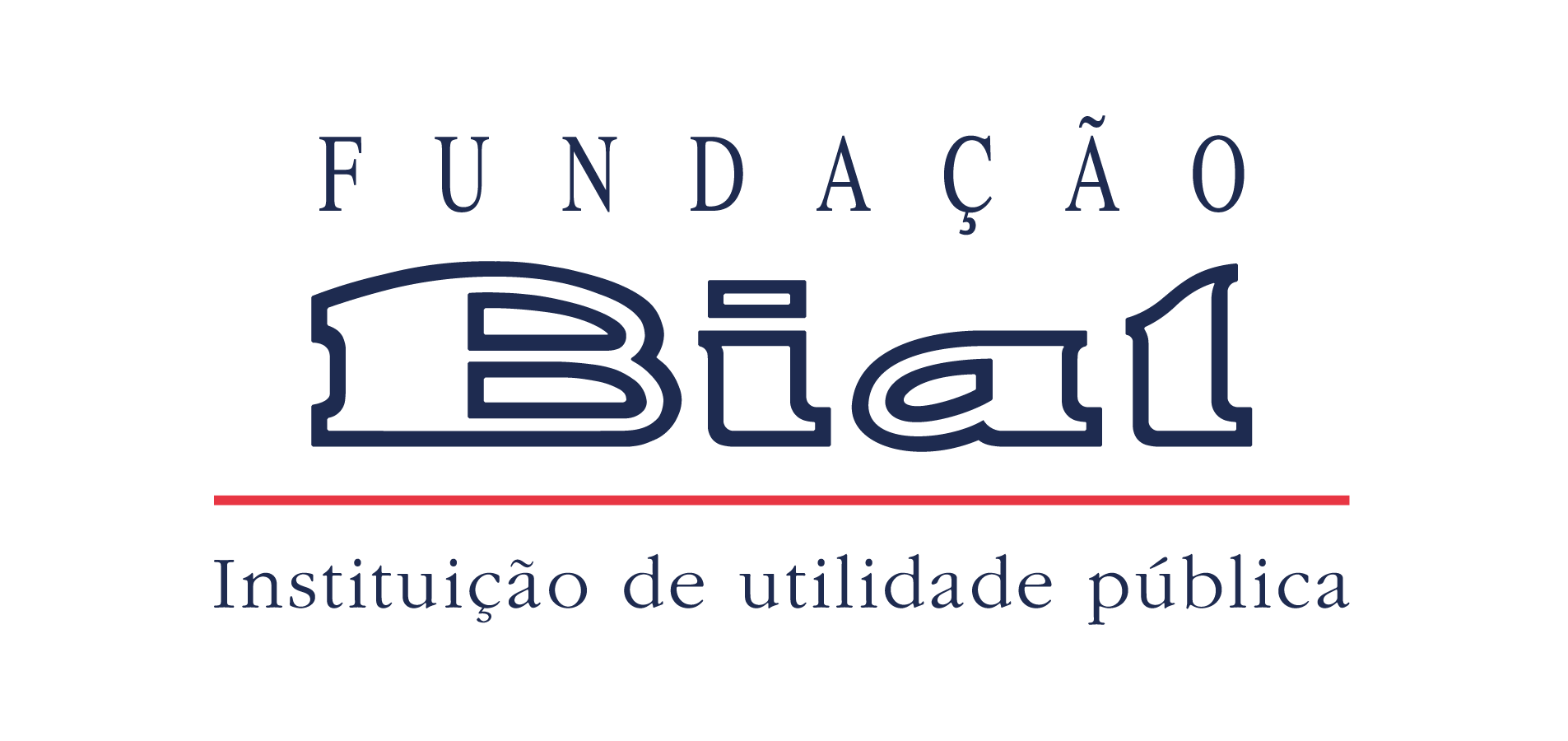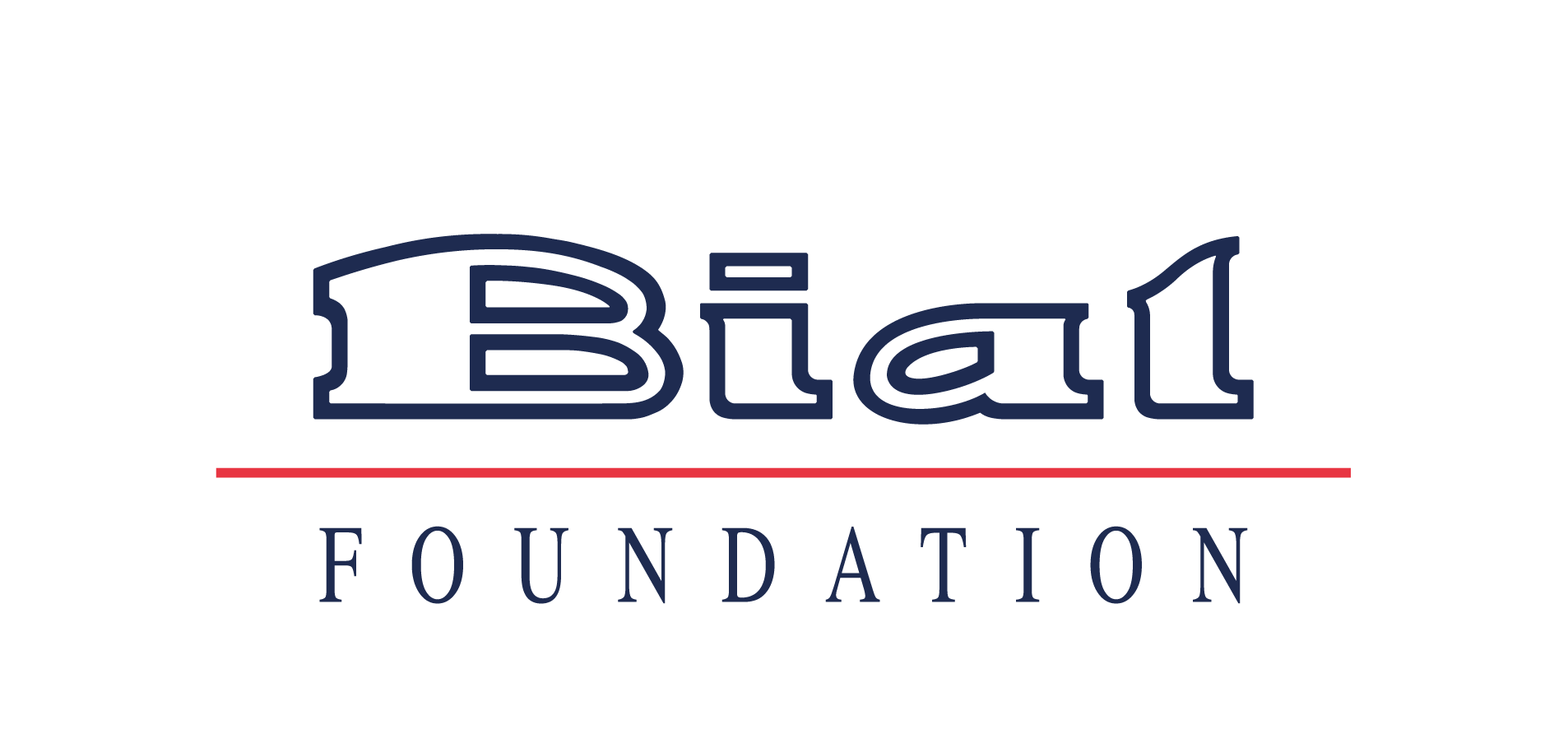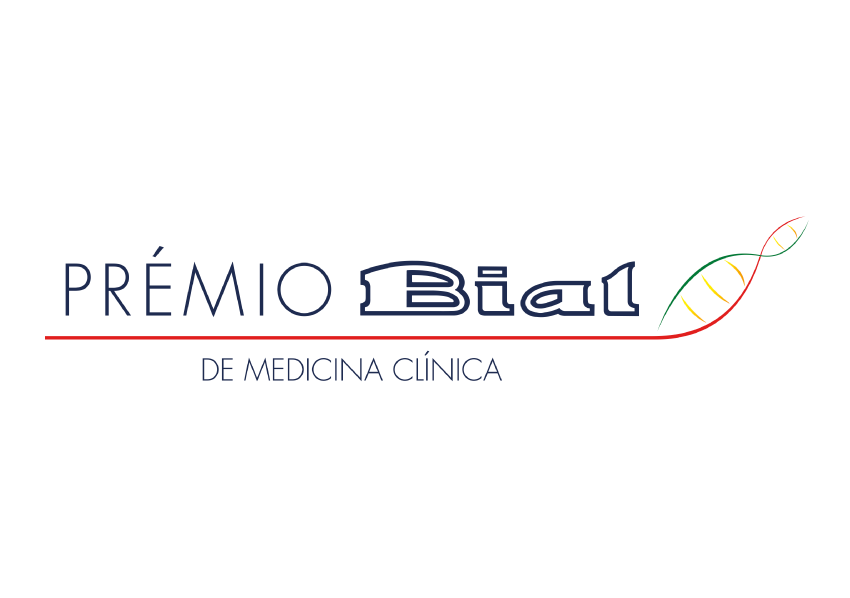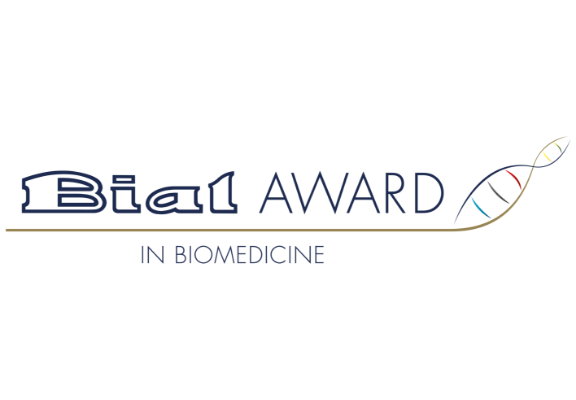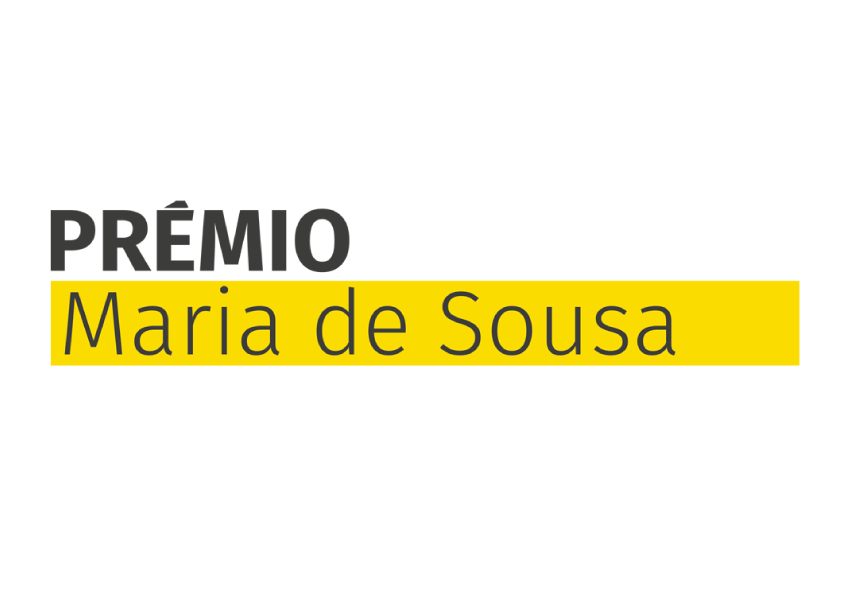Notícias
- Science Stories
- Destaques
- Looking for collaboration
- Links úteis
- Logos
Science Stories
É a concretização da nossa missão. Desde a sua criação a Fundação BIAL já aprovou para financiamento 946 projetos, envolvendo cerca de 1900 investigadores de 31 países. São três décadas de apoios a Projetos de Investigação Científica orientados para o estudo neurofisiológico e mental do ser humano, nas áreas da Psicofisiologia e da Parapsicologia.Conheça as histórias por detrás da ciência.
Science Stories

Empatia em casais
Compreender o funcionamento adaptado dos casais é algo crucial dadas as consequências nefastas da violência conjugal.

Vai escolher o de sempre ou arriscar?
Escolhemos sempre o mesmo caminho de regresso a casa, mas um dia decidimos arriscar um percurso alternativo. O que nos leva a tomar esta decisão?
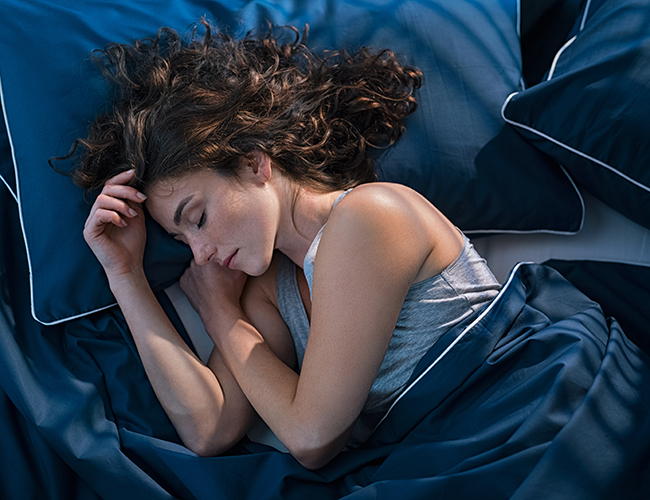
Sonhar enquanto se dorme e “sonhar acordado”: diferenças e semelhanças
Sabia que os sonhos “diurnos” refletem acontecimentos dos dois dias anteriores, enquanto os sonhos “noturnos” se assemelham a um enredo de ficção?
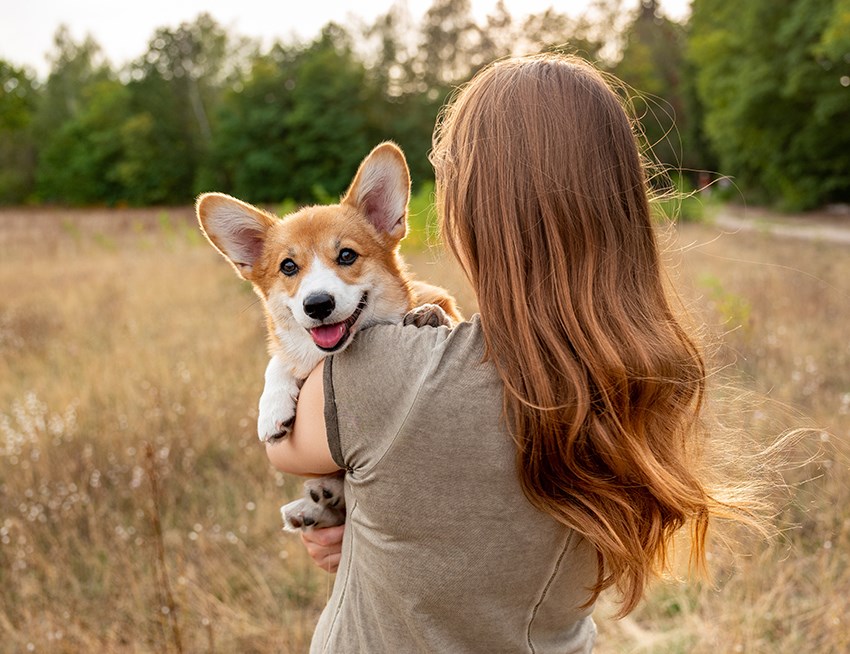
O seu cão tem competências sociais?
Estudo revela que a visualização do rosto do dono funciona como reforço social positivo para os cães. Conheça resultados intrigantes sobre o “melhor amigo do homem”.
News
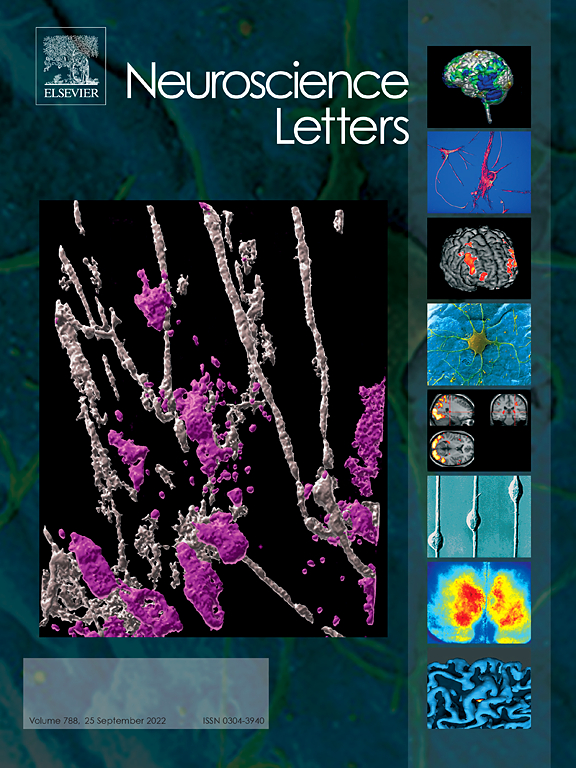
Será que os dilemas morais têm diferentes respostas neuronais ao longo do ciclo de vida?
No âmbito do projeto The Aging Social Brain – Neural and behavioral age-related changes in social cognition and decision-making, João Marques-Teixeira e colaboradores publicaram na revista Neuroscience Letters o artigo “Awareness to utilitarian responses in later life: An ERP study with moral dilemmas”.
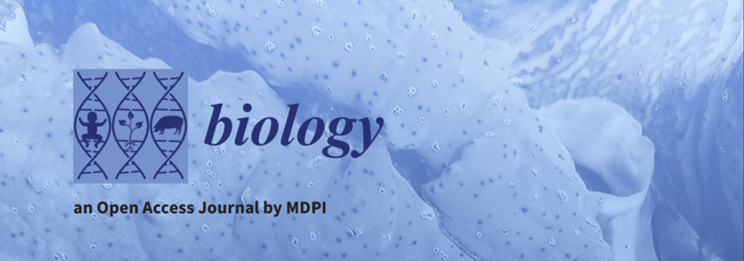
Pode a meditação influenciar a forma como percecionamos o tempo e o espaço?
Marc Wittman, apoiado pela Fundação Bial no âmbito do projeto 50/16 – Changes in the temporal width of the present moment after meditation, demonstrou que meditadores experientes percecionavam os seus limites corporais como sendo menos salientes durante a meditação comparativamente quando liam uma história. Além disso, também sentiram que o tempo passou mais depressa e prestaram menos atenção à passagem do tempo durante a meditação. O artigo que detalha estes resultados “Changes in subjective time and self during meditation” foi publicado na revista científica Biology.
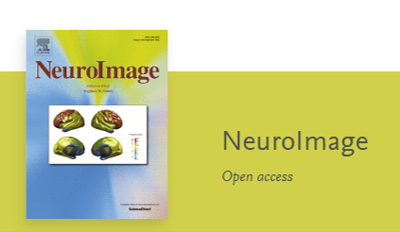
Poderá a tomada de decisão durante o reconhecimento modular o ritmo alpha?
Carlo Sestieri, apoiado pela Fundação BIAL no âmbito do projeto 159/16 – Unraveling the neural mechanisms of human memory decisions with magnetoencephalography, demonstrou, através de MEG, o envolvimento do lobo parietal na memória episódica, mais especificamente, a desincronização relacionada com evento (ERD) da frequência alpha poderá representar a assinatura neuronal do processo de acumulação durante uma tarefa simples de decisão baseada na memória. O artigo que detalha estes resultados “Alpha rhythm modulations in the intraparietal sulcus reflect decision signals during item recognition” foi publicado na revista científica NeuroImage.

Poderá a estimulação transcutânea do nervo vago modular o comportamento?
Ruben Azevedo, apoiado pela Fundação BIAL no âmbito do projeto 88/16 – The interoceptive self: Transcutaneous vagus nerve stimulation as a new tool to investigate heart-brain interactions, demonstrou que a estimulação transcutênea do nervo vago na região auricular poderá ser uma técnica neuromodulatória eficaz para a modulação de processos cognitivos e do tamanho da pupila. O artigo que detalha estes resultados “Event-related transcutaneous vagus nerve stimulation modulates behaviour” foi publicado na revista científica Psychoneuroendocrinology.

Luís Portela em destaque no Journal of Scientific Exploration
Luís Portela em entrevista sobre o lançamento do seu livro “The Science of Spirit” nos Estados Unidos e sobre o escasso financiamento internacional atribuído à investigação na área da parapsicologia, considerada uma “ciência de fronteira”.
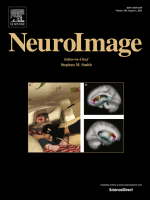
Como é que os circuitos cerebrais que suportam a tomada de decisão são alterados pelo envelhecimento?
João Marques-Teixeira, apoiado pela Fundação BIAL no âmbito do projeto 249/16 – Healthy aging and economic decision-making: Neuropsychophysiological examination of the affect-integration-motivation framework of decision-making in aging brain, demonstrou, através de EEG, que com o envelhecimento, parece haver uma alteração nos processos afetivos e uma perservação dos processos de integração e de motivação.
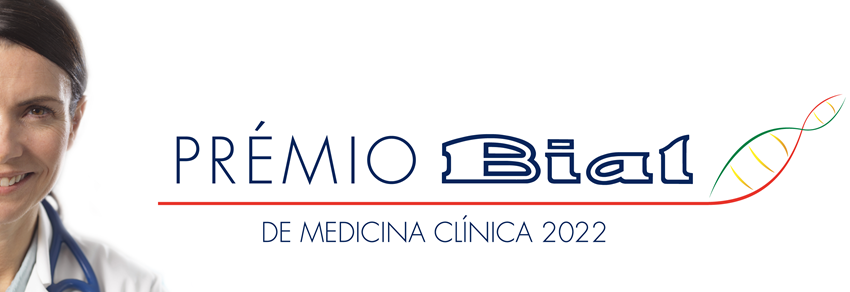
Prémio BIAL de Medicina Clínica: candidaturas até 31 de agosto
A 20ª edição do Prémio BIAL de Medicina Clínica tem um valor de €100.000 e pretende galardoar uma obra intelectual original, de índole médica, com tema livre e dirigida à prática clínica, que represente um trabalho com resultados de grande qualidade e relevância. Candidaturas encerram a 31 de agosto.
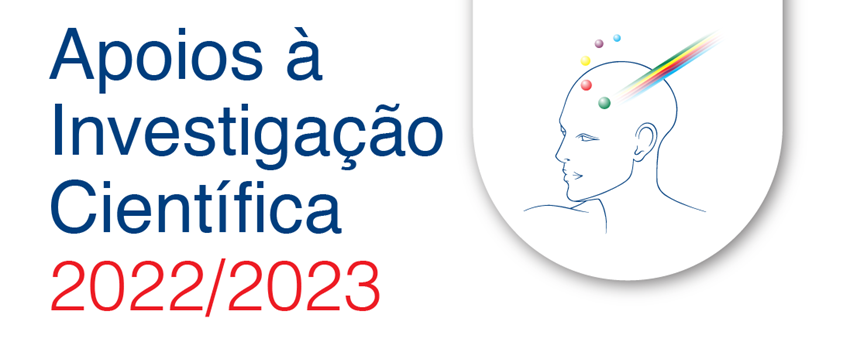
Apoios à Investigação Científica: candidaturas até 31 de agosto
A Fundação BIAL promove um novo concurso de Apoios Financeiros a Projetos de Investigação Científica nas áreas da psicofisiologia e da parapsicologia...
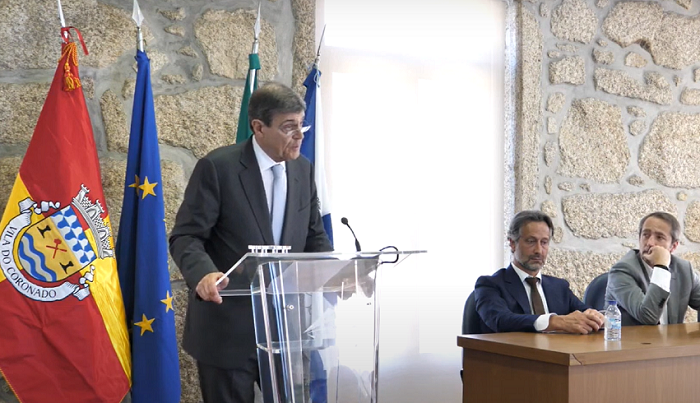
Luís Portela homenageado nos 25 anos da Vila do Coronado
Luís Portela, Presidente da Fundação BIAL, foi homenageado durante a sessão solene das comemorações do 25º aniversário da Vila do Coronado, que decorreu no dia 24 de julho
Looking for collaboration

The quest of physiological markers for the experience of pain
Researcher: Elia Valentini - Department of Psychology & Centre for Brain Science, University of Essex Summary: The aim of this project is to improve measurement of the human experience of pain by investigating a combination of psychophysical and physiological responses during mild noxious stimulation. More specifically, we want to investigate how sensitive and specific to pain the brain oscillatory responses are. We use EEG as the main technique, but we are keen to collaborate with neuroscientists using fMRI, autonomic measures and brain stimulation as well as with computational neuroscientists. A clinical collaborator would also be very much welcome.

EEG investigation of hypnosis and decision-making
Researcher: Rinaldo Livio Perri - University Niccolò Cusano Rome, Italy Summary: I work in the field of hypnosis and cognitive neuroscience. In particular, I adopt the event-related potentials (ERPs) to investigate the effect of the hypnotic suggestions on sensory processing and cognitive performance. I am an expert in decision-making and proactive brain processes before the stimulus administration (e.g., the perceptual, prefrontal and premotor readiness during the expectancy stage). I could help colleagues to properly analyze the ERP signal in the pre-stimulus stage of processing. Also, I would be happy to share my EEG data for re-analyzing them in the frequency domain (e.g., wavelet or coherence analysis in the hypnosis research). Feel free to contact me for any question! More information on my papers: https://scholar.google.it/citations?user=-8e_V64AAAAJ&hl=it Possible collaborations: neuroscientist with experience in the EEG frequency analysis Email: perri.rinaldo@gmail.com

Transparent Psi Project - looking for collaborators
Summary: We are running a fully transparent, expert consensus-base multilab replication of Bem’s (2011) experiment 1. The project features state of the art methods to maximize transparency and study integrity. The study involves a computerized experiment taking about 20 minutes per session. Group testing is possible in a computer lab, no specialized equipment needed. Labs are expected to recruit at least 100 participants. Participants will be exposed to images with explicit erotic/sexual content in the experiment. No financial compensation is required for the participants. Data collection is expected to take place in the 2020 fall semester. Every material is provided for ethics/IRB submissions and data collection in English (translation of materials might be necessary by the collaborators). The study is pre-registered and the manuscript is accepted in principle for publication in the journal Royal Society Open Science. All collaborators who meet the minimum sample size criterion will get authorship on this paper reporting the results of the replication study. More information in the preprint: https://psyarxiv.com/uwk7y/ Indicate interest in the collaboration via the following form: https://tinyurl.com/tpp-labs With any question contact the lead investigator: Dr. Zoltan Kekecs, kekecs.zoltan@gmail.com

Cognitive control and learning
Researcher: Ignacio Obeso, Ph.D. / CINAC - HM Puerta del Sur Summary: The aim of our projects is to understand the behavioral and neural mechanisms used to learn how humans establish adaptive behaviour in changing contexts. More specifically, we want to decipher how stopping abilities are initially learned and later executed under automatic control. We use task-related fMRI, brain stimulation and clinical models to test our predictions in laboratory settings as well as online home-based paradigms. Possible collaborations: computational scientist Email contact: i.obesomartin@gmail.com https://iobesomartin.wixsite.com/cognitivecontrol
Veja aqui links de Fundações, Organizações, Sociedades e outros que lhe podem interessar.
- BrainFacts.org
- Cognitive Neuroscience Society
- Dana Foundation
- European Brain Council
- European Society for Cognitive and Affective Neuroscience (ESCAN)
- Federation of European Neuroscience Societies (FENS)
- Human Brain Project
- IANDS International Association for Near-Death Studies
- Institut Métapsychique International (IMI)
- Instituto de Psicologia Paranormal
- International Behavioral Neuroscience Society (IBNS)
- International Brain Research Organization
- IONS Institute of Noetic Sciences
- Kavli Foundation
- Koestler Parapsychology Unit
- Open Sciences
- Organization for Human Brain Mapping (OHBM)
- Parapsychological Association
- Psi Encyclopedia
- Rhine Research Center
- Sociedade Portuguesa de Neurociências
- Sociedade Portuguesa de Neurologia
- Society for Neuroscience
- Society for Psychical Research
- Society for Scientific Exploration (SSE)
- World Federation of Neurology

